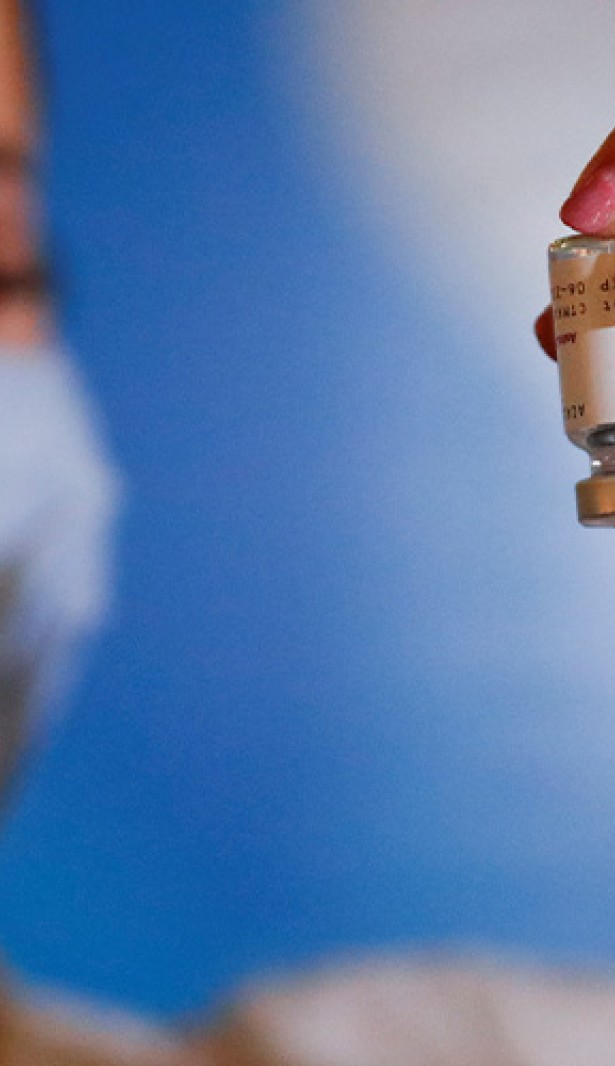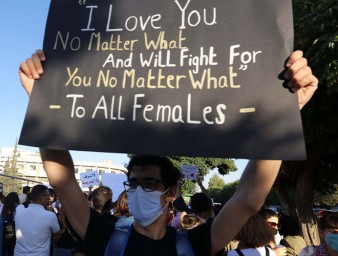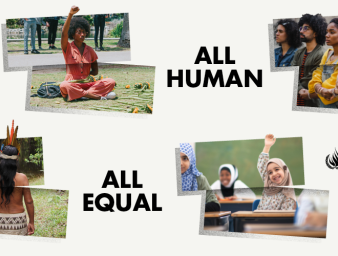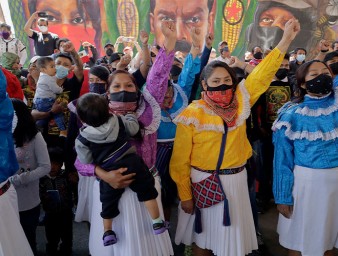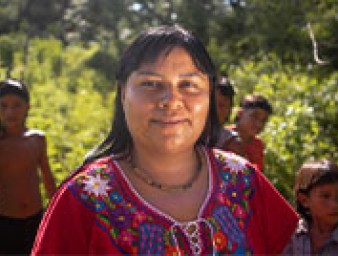Greater international solidarity still needed to fight pandemic, says expert
30 June 2021
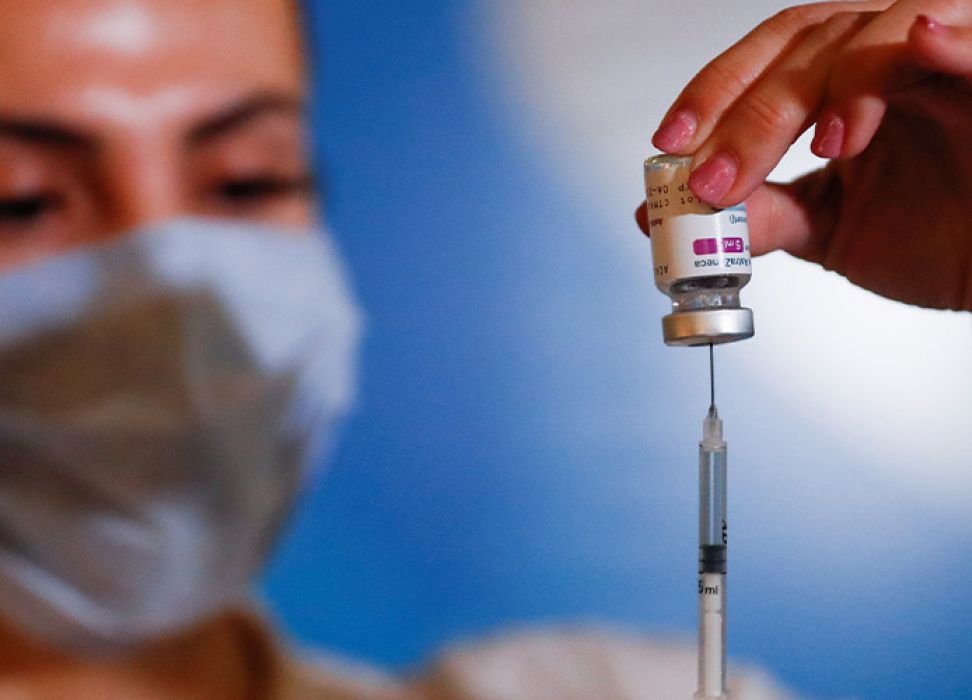
Greater international cooperation to address the fallout of the COVID-19 pandemic is still urgently required, according to a new report by the Independent Expert on human rights and international solidarity, Obiora Chinedu Okafor.
The report was delivered at the 47th Session of the Human Rights Council in Geneva, Switzerland.
Okafor said that the pandemic and the measures put in place to control it have posed serious threats to the enjoyment of human rights, and that in response, there is a strong moral and legal rationale – and a pressing need - for governments to exercise solidarity at the global level.
“In spite of the central role that individual States must play, international public health security is both a collective aspiration and a mutual responsibility,” he said. “States are required to deploy their maximum available resources, individually and in cooperation with each other, to ensure the enjoyment of social and economic rights, such as the right to health.”
The report highlights the numerous devastating consequences of the pandemic for people around the world, many caused by measures taken to combat it, including increased hunger, rising unemployment rates, an increase in domestic and gender-based violence during confinement periods, as well as harmful impacts on schooling.
More cooperation between countries is imperative to address these issues, said Okafor, calling for the ‘speedy adoption’ of the draft declaration on human rights and international solidarity.
In the context of COVID-19, he said, international solidarity has taken on a renewed importance and urgency.
In particular, the report notes the need for greater equity in the global vaccine rollout, instead of vaccine hoarding by wealthier nations that has largely been the practice to-date. It also highlights the role of intellectual property rights that in many cases impede equal access to essential medicines.
Steps in the right direction, but more needs to be done
Okafor’s report praises some of the progress already made where countries have joined forces to tackle the pandemic. It highlights that through applying for a waiver from certain provisions of the Agreement on Trade-Related Aspects of Intellectual Property Rights, several nations have signalled their strong commitment to keep down costs of drugs, vaccines, treatments, diagnostics, medical supplies and test data for low-income countries.
The report also underscores mechanisms such as the COVAX Facility, whose goal is to ensure equitable and global access to COVID-19 vaccines in order that two billion doses can be distributed by the end of this year.
However, notes Okafor, “this is a drop in the bucket of the number of vaccines that are needed for poorer States,” and a lot more robust and concrete action is required.
In this together
Okafor said that the pandemic has highlighted the intensity of our interconnectedness as human beings and societies, especially our mutual vulnerability.
“It should be clear that a COVID-19 outbreak ‘over there’ is also a COVID-19 problem ‘right here,’” he said. “There is simply no way of enjoying ‘our’ human rights more fully ‘over here’ while the human rights of the vast majority of the world’s peoples who live ‘over there’ hangs in the balance.”
Okafor calls for countries to avoid being blinded by national or local self-interest. “Solidarity should be recognised as the humanity of the ‘other’ and therefore remains a critical component of harmonious social life at the local, national and international levels,” he said.
30 June 2021
